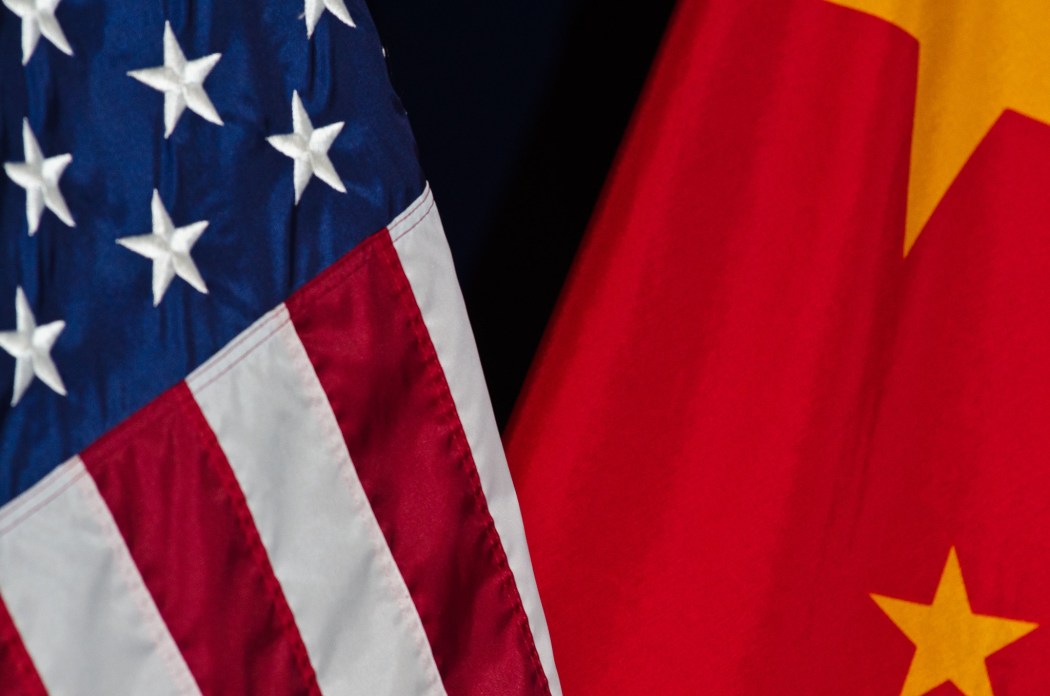TIM HAMLETT | HONG KONG FREE PRESS
“The lesson appears to be that China does not have a legal system and does not recognise the constraints imposed on other governments which do. The judges are party puppets and nobody is safe from arbitrary incarceration,” Tim Hamlett.
From time to time we are told, sometimes in a tone of rather self-righteous condescension, that we must respect China’s legal system. We haven’t, however, heard any of this since the release of the “two Michaels.”
The pair, surnames Kovrig and Spavor, were arrested in China and charged with various crimes, soon after extradition proceedings against Ms Meng Wanzhou started in Vancouver.
Outsiders who complained that the Michaels had been grabbed as hostages to be exchanged for Ms Meng were firmly told that no such thing was possible in the mainland’s new and shiny legal system. The two Canadians were genuinely suspected of espionage offences and the law must take its course.
Then Ms Meng’s legal team reached an agreement with the US Department of Justice, which had been seeking her extradition to face a charge of violating US sanctions against Iran. Ms Meng admitted misleading a financial institution, the department agreed to defer prosecution, and she was free to leave.
This is perhaps as good a place as any to note that Ms Meng’s three-year incarceration in Vancouver took the form of what is apparently known in Canada as “open house arrest.” This means she could live in her own house, which I dare say is fairly palatial, and even go out during the day. No rationing of M&Ms or hairclips, no correctional food.
Ms Meng then flew to China and, mirabile dictu, the two Michaels were on the same day suddenly free to leave and fly home.

Even China’s ever-zealous internet defenders did not take seriously the official suggestion that the two Michaels had miraculously, on the same day, qualified for “medical parole.” They said that the Michaels had been hostages and so was Ms Meng, so that was fair.
In other words, the “legal proceedings” to which they were subjected were a total sham.
The Chinese Ministry of Foreign Affairs said much the same thing about the proceedings against Ms Meng, but this is difficult to substantiate from the facts.
In the first place, Ms Meng has now admitted that she did, in person, at length and with Microsoft Powerpoint, mislead a bank about the status of Huawei’s subsidiary in Iran. This is an offence against American law, even if you do it in Hong Kong.
Readers may be surprised that the American courts claim any jurisdiction over acts done in Hong Kong, but as our courts claim jurisdiction over national security offences committed in America we can hardly complain about that.
A more substantial complaint about the Meng case is that previous prosecutions for violating sanctions – and indeed for many other commercial crimes – have generally been directed at the companies concerned, not at individual executives. Indeed, some people have been complaining about this for a long time. The fines levied are effectively a punishment of shareholders while the people who actually committed the offending act go free.
It is difficult to see why the Department of Justice should have departed from its usual policy in the case of Ms Meng. But such departures are not unprecedented. Michael Milken did time. Two Enron executives were prosecuted. The theory that Ms Meng was picked on in response to the Trump administration’s hostility to China and to China tech companies in particular remains a theory.
What seems beyond dispute, though, is that the proceedings in Canada were not political in any way. The government refused to intervene, as governments must in countries which take the rule of law seriously.
The judge, correctly, was bound by the extradition agreement between Canada and the US. Two countries sharing a long and fairly transparent land border must have effective extradition arrangements and they must be taken seriously.
China’s beef with Canada seems to be that the proceedings should have been stopped on political grounds, either because the original prosecution was politically motivated (a point Ms Meng’s legal team were free to make in court) or because China is a big important country and Canada is not.
China’s Foreign ministry spokeswoman Hua Chunying said, “Canada should draw lessons and act in ways that serve its own interests.”
No doubt Canada will. The lesson appears to be that China does not have a legal system and does not recognise the constraints imposed on other governments which do. The judges are party puppets and nobody is safe from arbitrary incarceration. That now includes us. Thanks.















